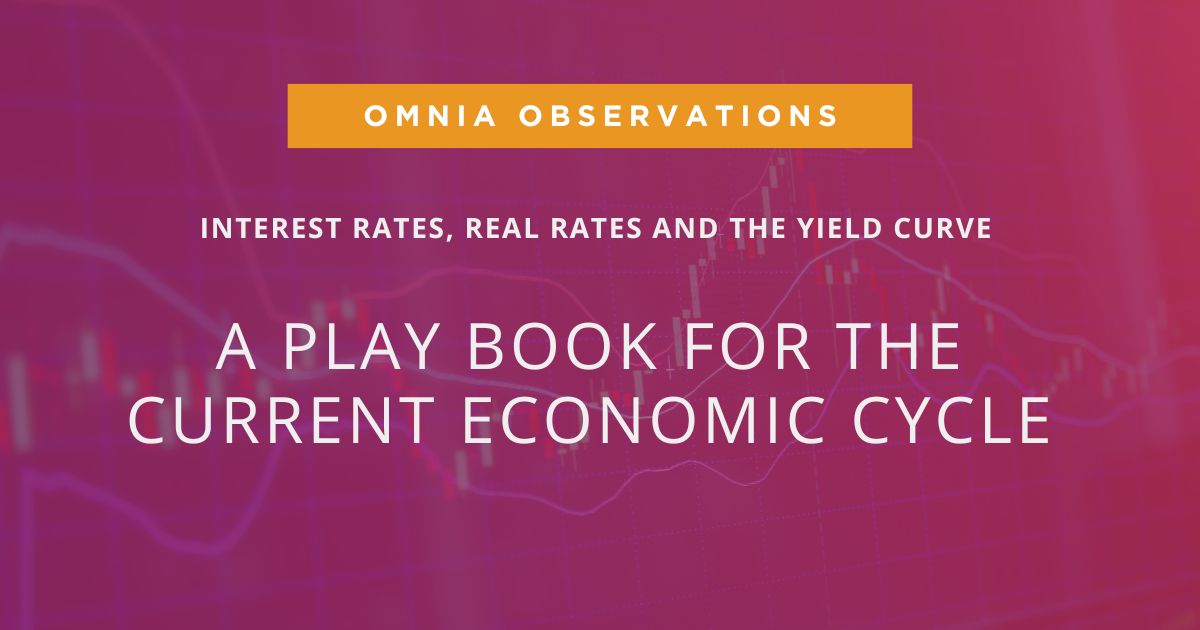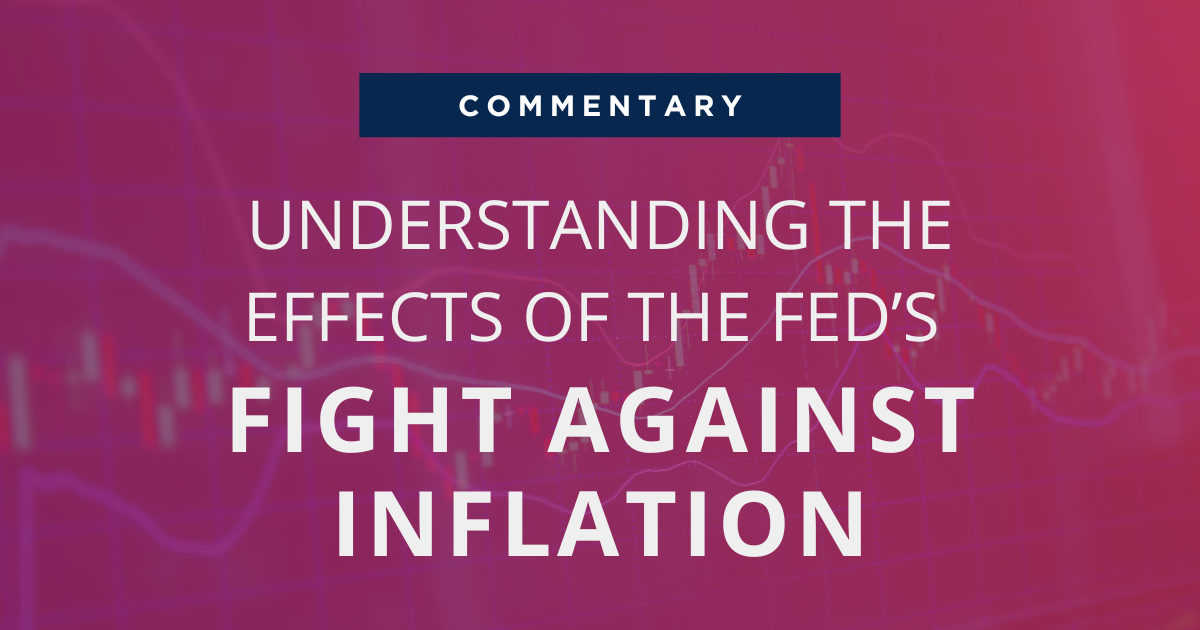
The CARES Act and the Future of Your Business
On Friday, March 27, Congress passed the Coronavirus Aid, Relief, and Economic Security (“CARES”) Act. What does this mean to you as a business owner?
Everyone’s balance sheet, bottom line and industry are all unique; but by understanding your different options, you can help the financial future of your business and its employees. The juggling act for most business owners is to keep as much staff as possible on the payroll, while still staying afloat.
The Act
First and foremost, let’s discuss the relevant points to business owners in this act:
- A $350 billion forgivable loan program to encourage small businesses to keep their employees
- A 50% refundable payroll tax credit on worker wages to incentivize businesses to retain workers
- Less restrictive net operating loss-reduction rules that enable businesses to offset additional losses
- A delay in employer-side payroll taxes for Social Security until 2021 and 2022
A portion of the $425 billion in funds appropriated for the Federal Reserve’s credit facilities targeting small businesses
It is important to keep in mind that many of the provisions must be applied retroactively to tax returns. In addition, when applying for relief, it is essential to look at both state and local tax considerations. Certain states did not conform or included their own provisions.
Your Employees
Unfortunately, it is inevitable that some business owners must face the difficult decision to let employees go. The CARES Act will ensure that unemployment insurance claimants would receive an extra $600 per week through July 31, on top of existing state unemployment benefits. Within the next few weeks, U.S. individuals will also receive up to $1,200 and an additional $500 for every child. This amount will be reduced for higher income taxpayers and begin phasing out after $75,000 in adjusted gross income for a single taxpayer, $112,500 for a head of household filer, and $150,000 for married couples who file a joint return.
It is up to each business owner to check the state unemployment benefits where their business operates to determine the total benefit their employees would receive.
Your Business
Under the CARES Act, multiple provisions were added to encourage business owners to keep their staff employed.
1. Small Business Loans: There are two different loans available: The Economic Injury Disaster Loan Program (“EIDL”) and the Paycheck Protection Program (“PPP”). You can apply for both loans as long as there is no duplication in the uses of funds. The PPP loans can be up to 2.5 X the borrower’s average monthly payroll costs, not to exceed $10 million. The EIDL loans are up to $2 million. Only the PPP loans are forgivable.
For business owners not taking advantage of loans through the EIDL or PPP programs, there are two additional measures available:
2. Tax Credit: Eligible employers will receive a 50% credit on qualified wages against their employment taxes for each quarter, with any excess credits eligible for refunds. To qualify, businesses must prove they took a 50% loss compared to the same quarter in years past. To keep companies from double-dipping on aid under the bill, employers cannot use special SBA loans if they opt for the tax credit.
3. Delay of Payment of Employer Payroll Taxes: Employers and self-employed individuals will be able to defer payments of the employer share (6.2% of employee wages) of Social Security payroll taxes that would have otherwise been owed from the date of enactment of the legislation through December 31, 2020.
There are a few provisions that will specifically help businesses who participate in student loan assistance and/or charitable corporate giving. Certain employer payments of student loans on behalf of employees are excluded from taxable income. Employers may contribute up to $5,250 annually toward student loans, and the payments would be excluded from an employee’s income. If you are in a financial position to continue corporate giving, the act incentivizes corporations to continue to give. The 10% limitation will be increased to 25% of taxable income.
Certain industries also have special provisions. Retailers, restaurateurs and hotels can immediately deduct from their taxes what they spend on property improvements.
Loan Forgiveness for PPP Loans
A borrower is eligible for loan forgiveness equal to the amount the borrower spent on the following items during the 8-week period beginning on the date of the origination of the loan:
- Payroll costs
- Interest on the mortgage obligation incurred in the ordinary course of business
- Rent on a leasing agreement
- Payments on utilities
- For borrowers with tipped employees, additional wages paid to those employees the loan forgiveness cannot exceed the principal. Whether you own or rent your office, the bill provides for payment forgiveness.
- Owners: federally backed mortgages cannot foreclose for a 60-day period, 180 days of forbearance if they experienced hardship from the pandemic.
- Renters: a temporary, nationwide eviction moratorium is in place for 120 days to any renters whose landlords have federally backed mortgages.
What This Means For Your Business
With these facts, now is the time to look at your financial situation and evaluate if by taking advantage of the CARES Act provisions, you can retain all or hopefully most of your staff. Depending on the state of your business currently, this could be very different for many companies. Were you able to stay open? Can your employees work from home? Can you operate at limited capacity? Depending on the severity of the recent economic changes to your business, the more an SBA loan or tax credit could help.
We encourage any small business owners to speak with their CPA and trusted fiduciaries to first determine the mathematical answer as to what makes sense for the future financial success of the business, however, that is only one aspect of the decision! Most business owners have an emotional tie to their business, to their employees and to their customers.
For example, if it causes a financial burden to keep your bookkeeper and you can do the job yourself, the most logical financial decision would be to do the work yourself until the business normalizes. That being said, this employee has been with you for 20 years, you trust them indefinitely, you are aware that they’re the main source of income for their household, and they have incredible relationships with your vendors. The decision just became much more complex. Maybe as a business owner you forfeit your salary for the year in order to keep your bookkeeper on payroll? Forward looking, while your business might suffer for six months, it is your bookkeeper who will work tirelessly to rebuild the business while retaining all vendor contracts.
There are many factors to consider to ensure that the continuity of your business stays intact, besides just the bottom line.
Where to Start
If you believe that a small business loan is necessary to keep your business afloat, you can begin the process today! Different states have additional offerings, so it is important to complete your due diligence first. For example, the Florida Small Business Emergency Bridge Loan Program is currently available to small business owners located in all Florida counties statewide that experienced economic damage as a result of COVID-19. This is a good option for local businesses with 2 – 100 employees who are looking for up to $50,000 in relief.
If you choose to proceed with an SBA loan, you can apply on their website or apply through a preferred SBA lender. Helpful links are included at the bottom of the article to get you started. Application requirements have not been disclosed, but at the minimum, three years of tax returns and financial statements will be required.
Please consult your CPA and other trusted fiduciaries for additional tax opportunities created in the CARES Act, such as modifications for net operating losses, modification of limitation on losses for taxpayers other than corporations, and modifications of limitations on business interest. With loans and tax credits, your business will hopefully persevere stronger than ever.
Stay safe and try to hold onto your valued employees.
Helpful Links
Click here to download the article.
Omnia Family Wealth, LLC (“Omnia”) is a registered investment advisor with the SEC. This commentary is provided for informational purposes only. No portion of any statement included herein is to be construed as a solicitation to the rendering of personalized investment advice through this communication. Consult with an accountant or attorney regarding individual tax or legal advice.









